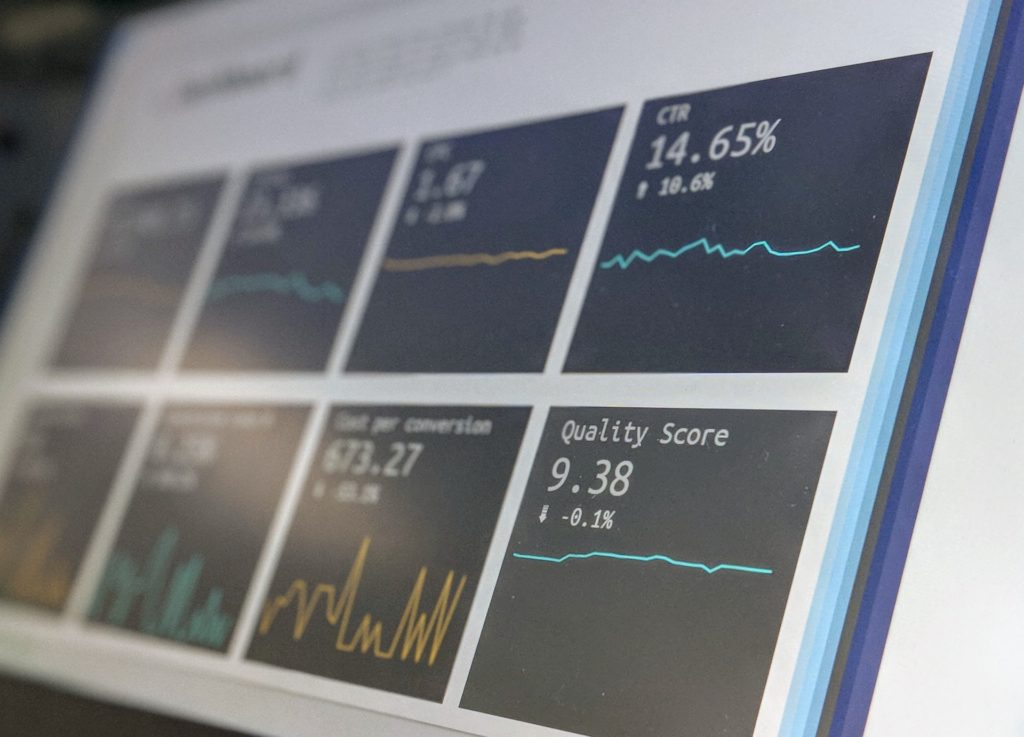Imagine a bustling small bakery renowned for its delectable treats and personalized customer experiences. Now, envision the high-octane world of Formula 1 racing, where split-second decisions and cutting-edge technology determine victory. At first glance, these two realms may seem worlds apart. However, as we delve deeper, we uncover a surprising connection – a shared ethos of innovation, precision, and data-driven decision-making.
This post explores how Small and medium-sized enterprises (SMEs), like small bakeries, can glean invaluable lessons from Formula 1’s playbook to transform their planning and production processes.
Can a Small Bakery Operate Like an F1 Team?
Consider this: Can a small but popular bakery apply the same principles as a Formula 1 team? At first glance, it may seem like an unusual comparison, but the essence of innovation, data utilization, and strategic planning can be universal. Just as in racing, where every detail counts, a bakery that meticulously analyzes customer preferences, optimizes ingredient inventory and employs cutting-edge technologies can gain a competitive edge in its niche. It’s a thought-provoking idea that highlights the adaptability of these principles across diverse industries.

Unleashing the Power of Advanced Analytics:
This innovative approach, exemplified by machine learning, enables computers to learn from data, making predictions or decisions without explicit programming. This technology has already begun reshaping the racing industry, and I believe it has immense potential to revolutionize SMEs.
Data-Driven Decision Making: Like in Formula 1, where teams thoroughly collect and analyze data to optimize performance, SMEs can leverage this approach to gain insights from their operations. By systematically analyzing production data, SMEs can identify inefficiencies, optimize processes, and make data-driven decisions to enhance their bottom line.
Key Takeaway: Use data for precise decision-makingPrecision Planning: Race teams are renowned for their meticulous planning and strategizing. Under the same methodology, SMEs can predict demand patterns, streamline supply chains, and optimize inventory levels. Successful implementation means minimizing waste, reducing carrying costs, and ensuring products are readily available when customers need them.
Key Takeaway: Optimize supply chains, reducing waste and pleasing customers.Autonomous Operations: Like there are developments for autonomous racing cars, SMEs can automate various aspects of their production process. The ability to monitor equipment health, predict maintenance needs, and even automate routine tasks ensures that operations run smoothly without manual intervention.
Key Takeaway: Automate tasks for seamless operations.Simulation for Success: Teams extensively use simulations to fine-tune strategies and setups before race day. Similarly, SMEs can employ a similar strategic approach to test different production scenarios, assess the impact of process changes, and optimize resource allocation. Doing this will save time and resources and lead to more informed decision-making.
Key Takeaway: Refine operations through scenario testing.Personalized Production Experiences: Much like how Formula 1 broadcasts have become more engaging through cutting-edge technologies, SMEs can create personalized product experiences for their customers. By understanding consumer preferences and behavior, SMEs can tailor their products to meet individual needs, enhancing customer satisfaction and loyalty.
Key Takeaway: Know your customer and customize accordingly.

Looking Ahead
As technology advances, SMEs stand at the cusp of a transformative era. By taking a page from Formula 1’s playbook and integrating this transformative approach into their operations, SMEs can unlock efficiencies, reduce costs, and gain a competitive edge in their respective industries.
Conclusion
SMEs can harness constant innovation, data-driven decision-making, and precision planning, the same ethos in Formula 1. By adopting these principles, SMEs can enhance their planning and production processes and position themselves as leaders in their industries. The future belongs to those who embrace the potential, and SMEs have an opportunity to accelerate their success in ways previously unimaginable.

